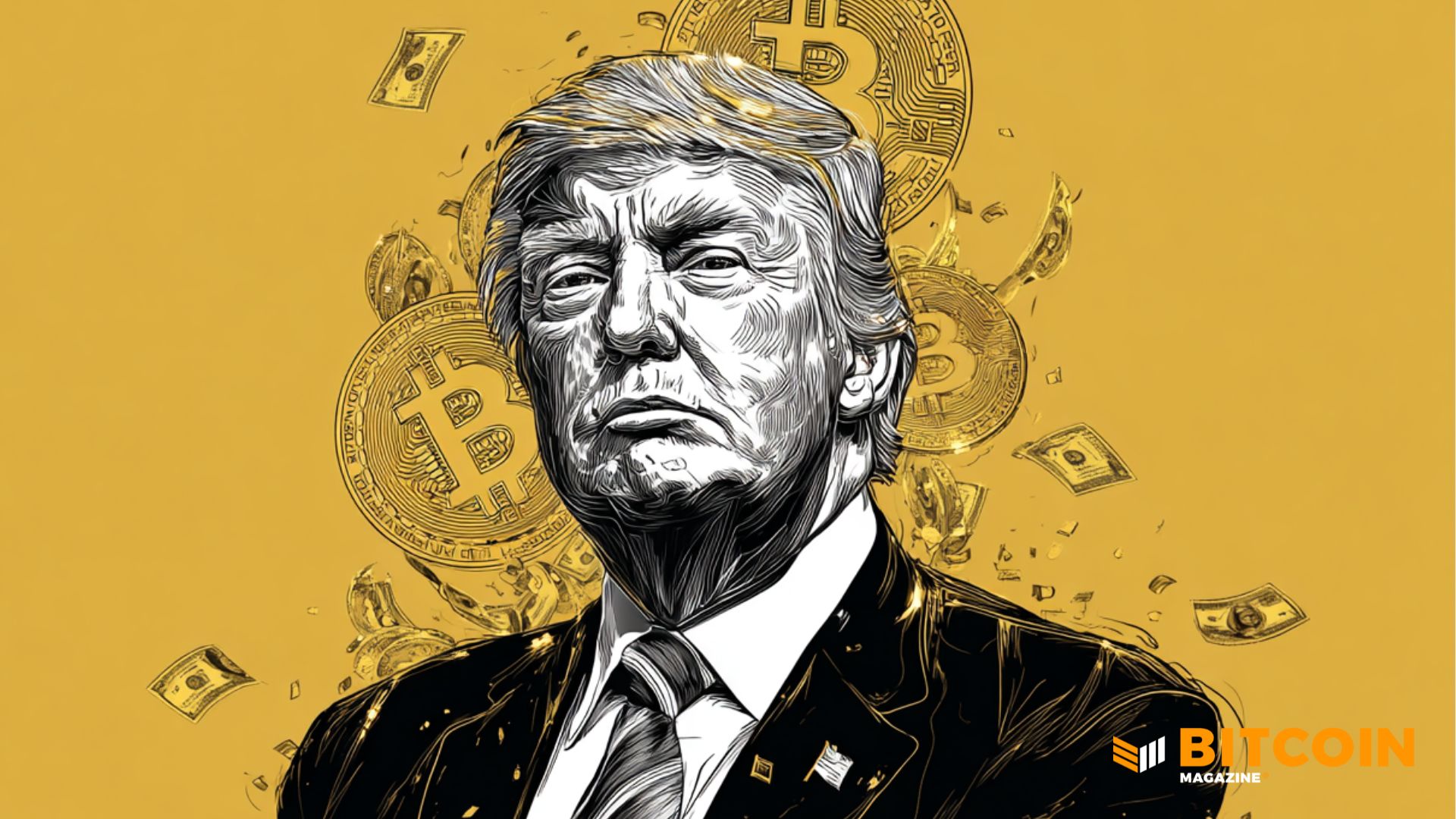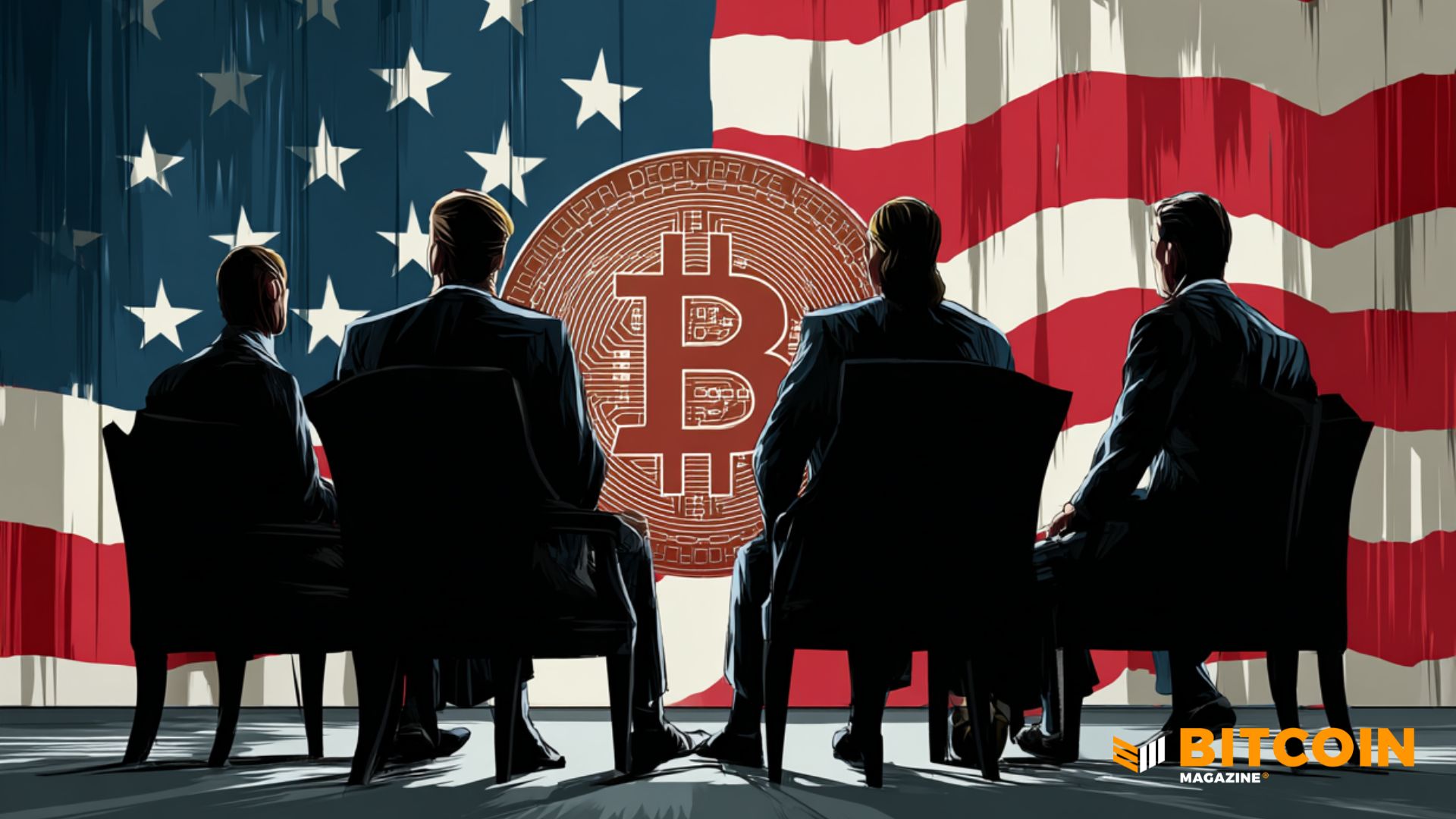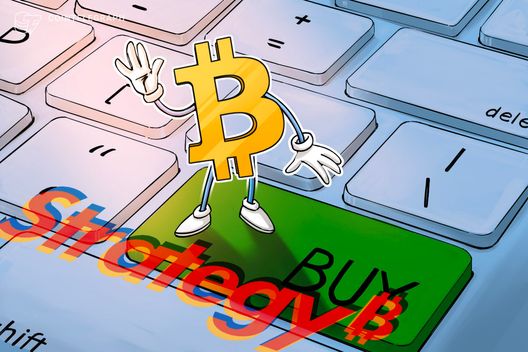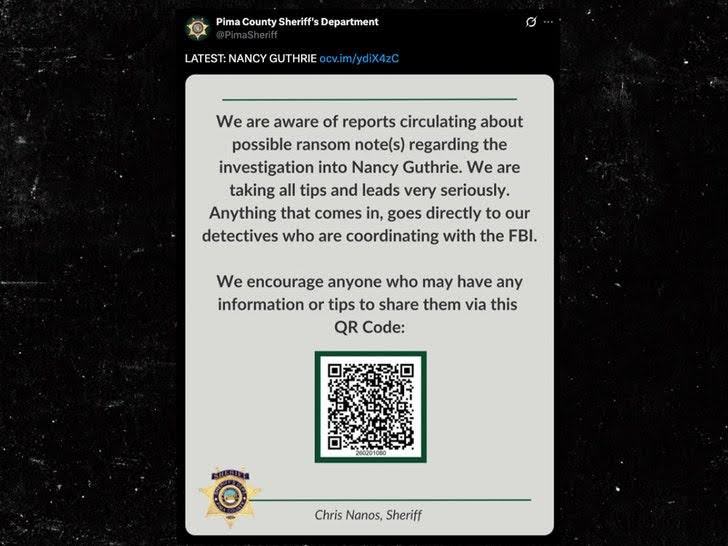2018-7-23 08:30 |
Can I mine Bitcoin (BTC) Legally?
Newcomers to the crypto world who are interested in becoming Bitcoin (BTC) miners often start out with the same question – Is it legal to mine Bitcoin? This is what we will try to answer and properly explain today, so let's get to it right away.
Bitcoin Mining – Legal Or Illegal?There is a way to answer this shortly and quickly, and that answer is yes, it is legal to mine Bitcoin. However, it is legal to mine it only in those countries where Bitcoin itself is legal. There are also countries that have made Bitcoin, and probably most other (if not all) cryptocurrencies illegal. This means that it is illegal to use them, own them, trade them, and naturally, mine them.
However, this is a complex issue that needs to be understood properly, so we advise you to read the long answer as well. To provide it, we should start by addressing why is there such a negative attitude towards Bitcoin in the first place.
Reasons Behind The Hostility Towards BitcoinBitcoin (BTC), as you probably already know, is a cryptocurrency. In fact, it is the first, and to this day, the largest cryptocurrency on the market. As a cryptocurrency, Bitcoin is decentralized, just like any other real crypto out there. This means that it doesn't belong to anyone, and that it has no central authority or a governing body. Basically, Bitcoin is in the hands of its users.
As you might expect, this does not sit especially well with financial authorities, especially those who got used to always being in control of the money. Until the appearance of cryptos, people have always used currencies backed by the government, and now the cryptocurrencies have shown everyone that there is a decentralized alternative. Pretty much anyone can join the network, and help it grow, which is one of the biggest concerns for the governments in pretty much every country in the world.
This has caused most countries to see cryptos as their biggest financial enemy, and have responded accordingly. Some countries, like Japan, or South Korea, have decided to embrace them, and make the best of it. Others, like China, which has a tight grip on its citizens and the going-ons in the country as it is, have declared that cryptos are a national threat.
To understand why cryptos are seen as such a threat, and how can they even survive without a central authority, we have to talk about crypto mining now.
Bitcoin Mining: What Is It, And How Does It WorkIn essence, Bitcoin mining is a process that results in the update of the blockchain, or the ledger. By going through the process, the miner receives new, previously unreleased Bitcoin tokens, and thus gives them a way into the Bitcoin ecosystem.
To mine Bitcoin, a miner has to use various resources at their disposal in order to validate BTC transactions. Those resources include things like electricity, computing power, time, and alike. This is what mining actually is – validating groups of transactions, which are commonly called blocks.
By doing so, a miner receives a reward for a job well done, and the reward comes in form of Bitcoin coins. This is how a decentralized currency can exist, with its community being responsible for transaction validation. Anyone can join in at all times, and join in on the mining process by offering the mentioned resources.
However, this process has evolved over time, and has now become an entire business. Individual mining can be difficult for a large number of reasons, which is why mining farms called ‘mining pools' were created. Basically, a mining pool is a group of miners who all contribute to ‘solving' the same block, and then share the reward after the process is completed.
Now that we know this, let's return to the issue of legality.
Bitcoin Legality IssueAfter seeing how the entire process of getting BTC coins works, and what it includes, it is clear that cryptocurrencies like Bitcoin do not need government, a bank, or some other centralized authority to handle them. This poses a threat to all those who deal with money, since they can no longer make a profit from doing transaction-related services.
Bitcoin and altcoins (other cryptocurrencies) that are truly decentralized do not depend on the governments, which takes the power away from them. After all, money is what runs the world, and pretty much any product, service, or action today needs to be supported financially. This is why Bitcoin was invented in the first place, to take away the power from banks, and make life easier for the regular person.
Its creation is not a coincidence, or some sort of a lucky accident. Instead, it was created for this very purpose, after the financial crisis that hit the world in 2008. This is something that many see as a revenge attack, that served as a punishment for the banks for being incompetent, and for destroying millions of lives by causing the financial crisis.
This act of ‘rebellion' against banks was the work of Satoshi Nakamoto, the entity which was responsible for Bitcoin's creation. It is worthy to mention that nobody knows who Satoshi Nakamoto really is, or even whether it is a person, a group, or even a company. The entity behind the name has covered its tracks well, and this remains one of the largest modern mysteries, despite many theories of who it might really be.
So, what we are left with is a digital currency that doesn't depend on banks and governments, and allows the people to take matters back into their own hands. So far, it should be pretty clear why the world leaders are so afraid of Bitcoin. Not to mention the fact that it has inspired countless others to create new cryptocurrencies, called altcoins. Today, there are thousands of them around, each trying to find its own place under the sun, and to gain some level of dominance over the market.
How Do World Countries Feel About Bitcoin?Feelings towards Bitcoin have been mostly negative, with some honorary exceptions. When it first appeared, there was not much concern about it, since the governments did not really see it as a threat. However, a decade later, Bitcoin is a real force to be reckoned with, and many are probably regretting not destroying it from the start.
Since then, a lot of countries have tried to prevent it from reaching inside their borders, and showing their citizens that they have an alternative. When that didn't work, they issued bans and declared it illegal. Of course, these are mostly some extreme cases, while most countries are either unclear as to where they stand on the matter.
The list of countries that have declared BTC to be illegal is, luckily, quite short. Those include Algeria, Ecuador, Bolivia, Venezuela, Nepal, Bangladesh, and Macedonia. In other countries, the use of Bitcoin is simply frowned upon, or not even mentioned that much.
However, there are some countries that have expressed a rather explicit stance towards Bitcoin mining. These stances vary from country to country, and not everyone looks upon it with the same feelings. Indonesia, however, doesn't even cover the mining by their regulations, while Slovenia has recognized it, and has even put a tax over it. Ukraine, on the other hand, sees mining as a completely legal kind of business and entrepreneurship, similarly to Iceland and Belarus.
Then, there are countries that have banned Bitcoin – but only partially. Canada, for example, has a banking ban on Bitcoin, meaning that crypto businesses in this country cannot count on getting services from banks. The same goes for India and Thailand. The situation in Indonesia is a bit better, however, and the country only forbids using Bitcoin as a payment tool.
A lot of countries have followed this example, and even though they allow BTC, they still stand against its use as a legal tender. This leaves crypto users with the only other option, which is to trade Bitcoin as a commodity.
Final ThoughtsSo, with all of that in mind, we can say that crypto mining, and Bitcoin mining especially, is mostly allowed, except in a few countries mentioned before. What can a miner do with the coins upon mining them, however, is a different story. Of course, in some places, it is completely fine to use it, and a lot of countries are moving toward that situation.
A lot of them, however, still stand firmly against it, despite the fact that they technically allow their citizens to be Bitcoin holders. A lot of influential people and companies are making small dents in the governments' wall of denial, and eventually, it is expected that cryptos will enter the mainstream use. However, that time has not yet come in most countries, so until then, be careful with what you do with your Bitcoin tokens.
origin »Bitcoin price in Telegram @btc_price_every_hour
Bitcoin (BTC) на Currencies.ru
|
|







